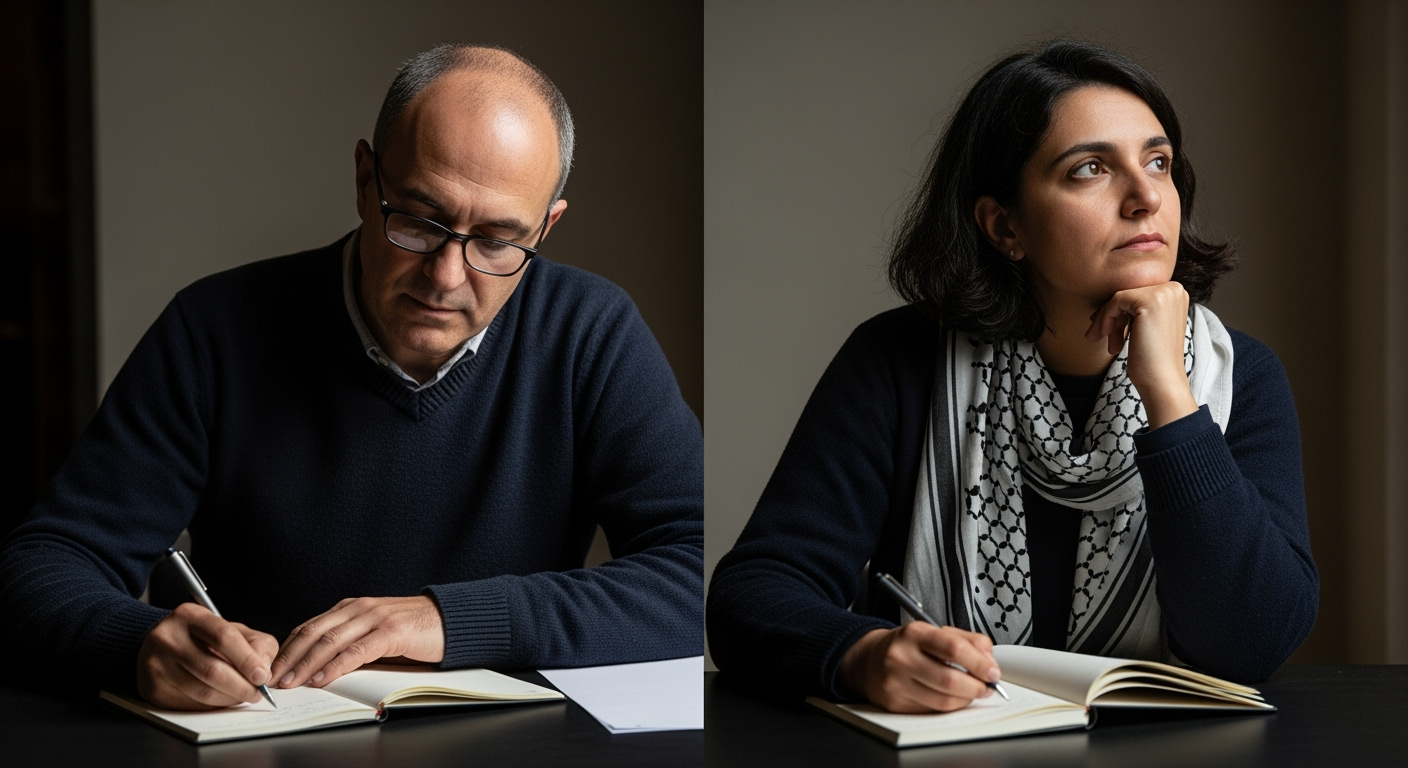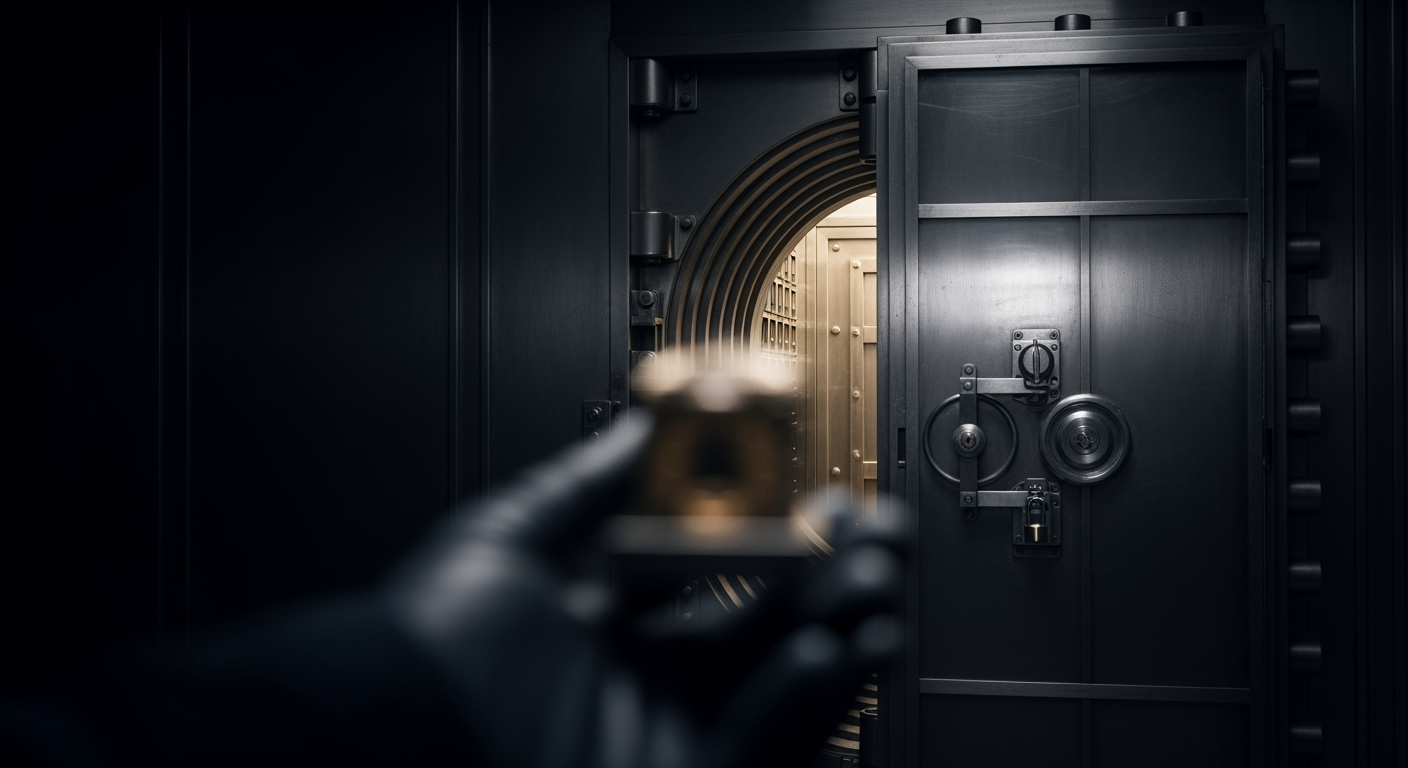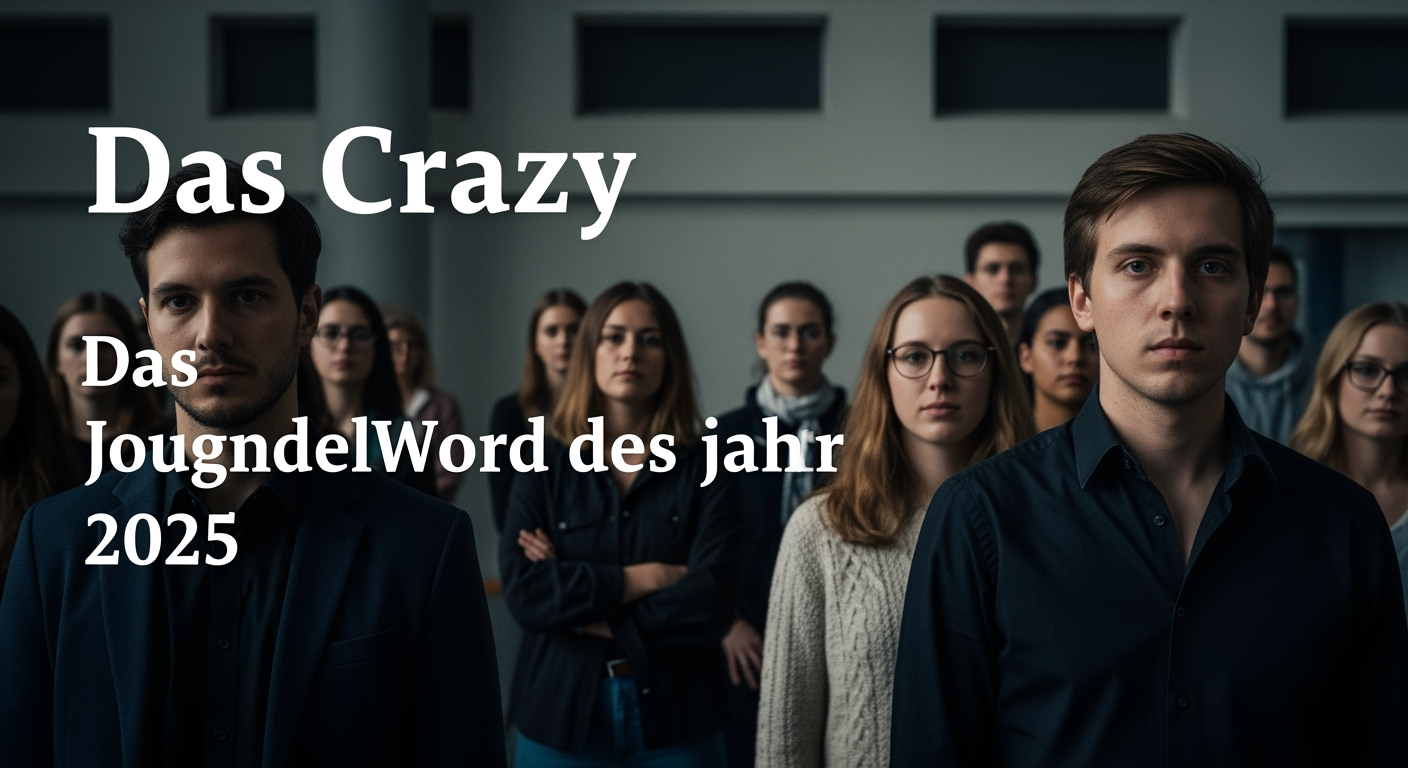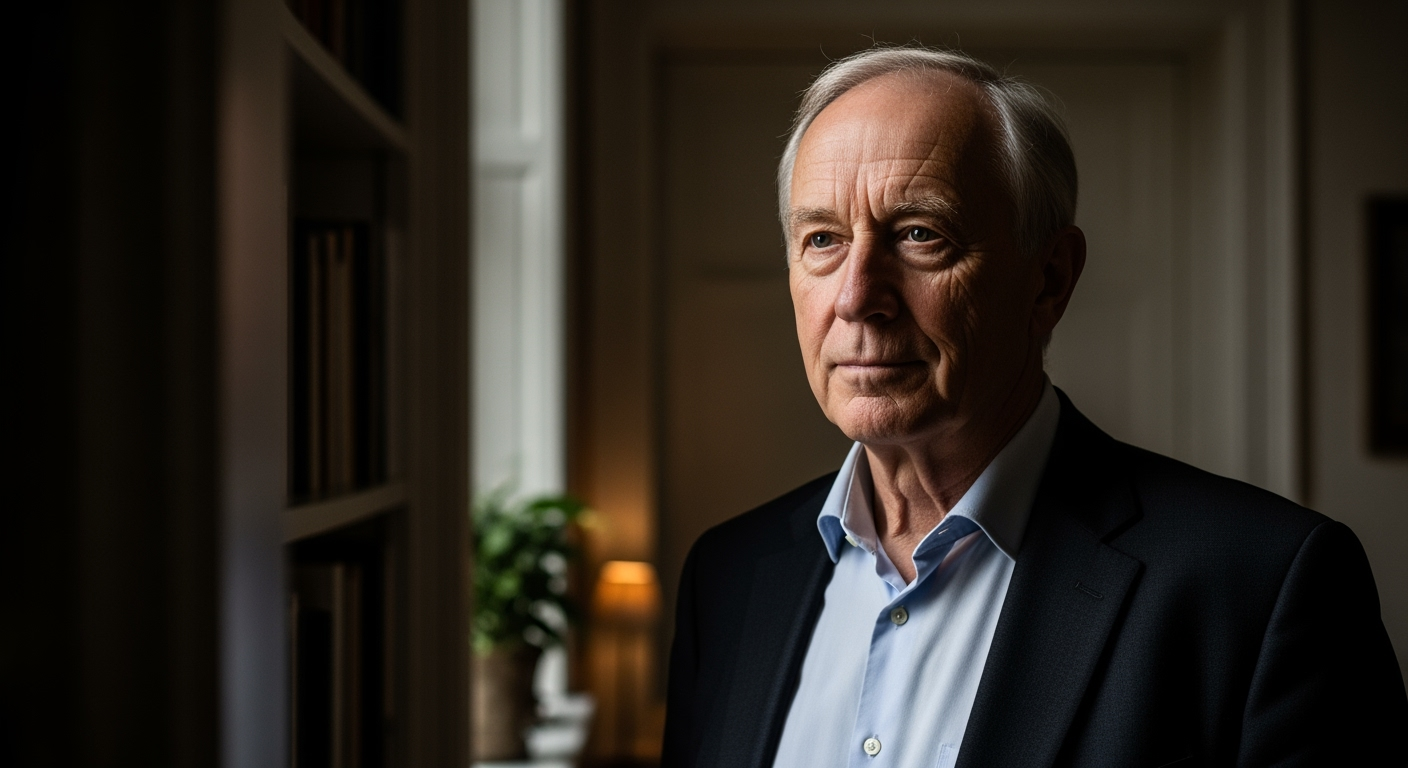Related Articles

Voices from the Crucible: Israeli and Palestinian Authors Grapple with Enduring Trauma

Daring Daylight Heist Shakes Louvre, Priceless Jewels Vanish





Frankfurt am Main, Germany — As Europe grapples with ongoing geopolitical turbulence, the continent's intellectual landscape is being profoundly shaped by voices demanding a clear-eyed understanding of its eastern borders. Prominent among these is Karl Schlögel, the renowned German historian of Eastern Europe, who is slated to receive the prestigious Peace Prize of the German Book Trade this Sunday, October 19, in a ceremony that underscores the critical intersection of history, scholarship, and contemporary conflict. Schlögel, a seasoned observer of Russia and its neighboring states, has consistently articulated a powerful and urgent message: "Without a free Ukraine, there can be no peace in Europe." This assertion, a cornerstone of his decades-long work, positions Ukraine not as a peripheral entity, but as an indispensable pillar of European stability and identity, challenging long-held Western perceptions and calling for a robust commitment to its sovereignty.
Born in Hawangen, Bavaria, in 1948, Karl Schlögel has dedicated his academic life to unraveling the intricate historical narratives of Eastern Europe, with a particular focus on modern Russia, the Soviet era, and the region's diverse urban cultures. His intellectual journey, which began with studies in philosophy, sociology, Eastern European history, and Slavic studies at the Free University of Berlin, was profoundly influenced by early visits to Czechoslovakia and the Soviet Union in the 1960s. After completing his doctorate, Schlögel embarked on a distinguished career, serving as a professor of Eastern European History at the University of Konstanz and later at the European University Viadrina in Frankfurt (Oder) until his retirement in 2013. His oeuvre, marked by a unique blend of empirical research and personal experience, has consistently sought to rectify "blind spots" in Western European understanding of its eastern counterparts. Schlögel is particularly recognized for his "spatial approach" to history, meticulously reconstructing the past through the lens of urban landscapes and the everyday lives of their inhabitants, as evidenced in acclaimed works such as "Moscow 1937" and "In Space We Read Time".
The decision by the Board of Trustees of the Börsenverein des Deutschen Buchhandels (German Publishers and Booksellers Association) to award Schlögel the Peace Prize of the German Book Trade for 2025 reflects not only his profound academic contributions but also the acute contemporary relevance of his warnings. The jury's statement highlighted his ability to combine detailed observations with deep insight, challenging historical prejudices and stimulating curiosity about the cultural and contemporary history of Russia and Eastern Europe. Crucially, the award acknowledges his foresight in cautioning against Russian aggression, especially following the annexation of Crimea in 2014. Schlögel was among the first to alert the European public to Vladimir Putin's expansionist ambitions and authoritarian-nationalist agenda, urging a re-evaluation of Western policies and perspectives. The prize, set to be awarded in Frankfurt's historic Paulskirche, carries both an honorific weight and a political resonance in the current geopolitical climate.
Schlögel's focus on Ukraine intensified significantly after 2014, culminating in influential works such as "Ukraine: A Nation on the Borderland" and "Ukrainische Lektionen". Through his writings, he endeavored to place Ukrainian cities like Kyiv, Odesa, Lviv, and Kharkiv firmly on the mental map of European readers, illustrating their deep historical ties and contributions to a broader European culture. He argues that Ukraine is not merely a "borderland" or a buffer state, but an integral part of the European family, whose struggle for self-determination directly impacts the entire continent's future. This perspective starkly contrasts with a "Russocentric" view that has historically dominated much of Western analysis, often overlooking the distinct identities and experiences of nations situated between Germany and Russia. His recent visit to Lviv, where he experienced an air-raid alarm, served as a stark reminder of the daily realities faced by Ukrainians, reinforcing his plea for greater European understanding and solidarity.
For Schlögel, the ongoing conflict in Ukraine represents more than a regional dispute; it is an attack on fundamental European values and a return of the "horrors of World War II" to the continent. He contends that Europe must confront the reality that a "fully developed war" has commenced, necessitating a decisive response to "Putinism". He rejects any notion of appeasement, asserting that the defense of Ukraine is the most effective means to prevent wider aggression and secure peace in Europe. His analysis posits that the conflict challenges deeply held convictions within Europe, forcing a reconsideration of past approaches and the dismantling of illusions regarding a peaceful post-Cold War order. Schlögel's persistent advocacy underscores a crucial point: the future security and democratic integrity of Europe are inextricably linked to the fate of a free and sovereign Ukraine.
Karl Schlögel's profound insights call upon Europe to forge a new understanding of itself, one that fully embraces its Eastern dimension and acknowledges the historical agency of nations like Ukraine. His work serves as an intellectual compass, guiding readers through the complex historical layers that have shaped the region and elucidating the profound implications of current events. By asserting that a free Ukraine is non-negotiable for European peace, Schlögel challenges leaders and citizens alike to move beyond outdated geopolitical frameworks and embrace a more inclusive and resilient vision for the continent. His receipt of the Peace Prize is not just an acknowledgment of his past achievements but a powerful endorsement of his urgent message, resonating at a moment when Europe's collective future is being redefined on its eastern front.